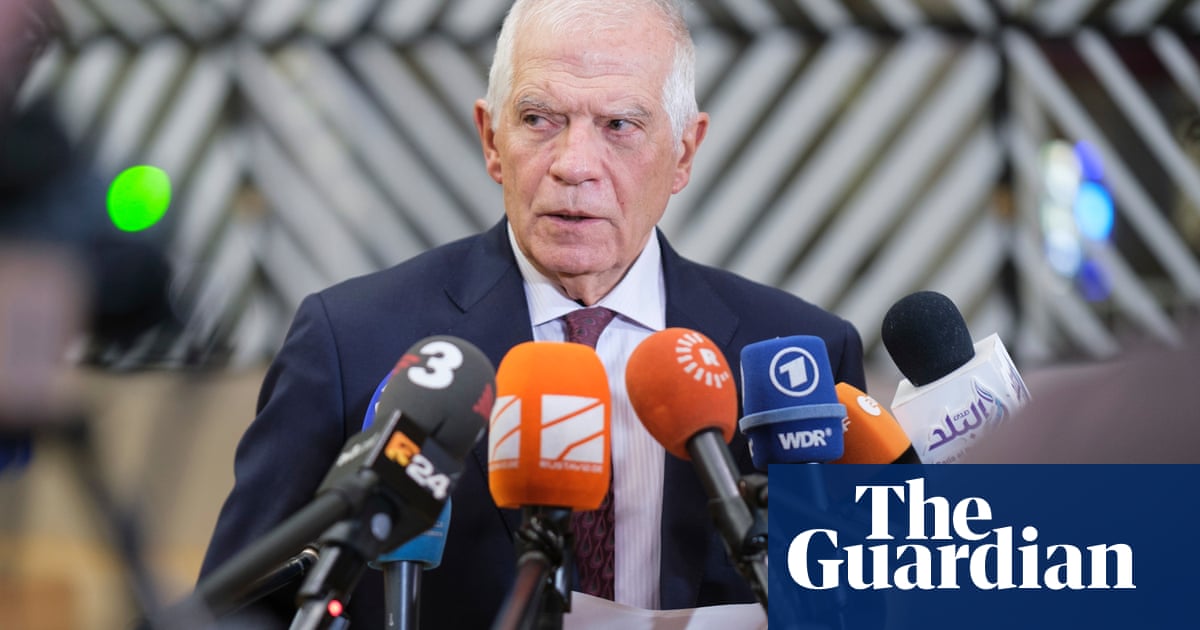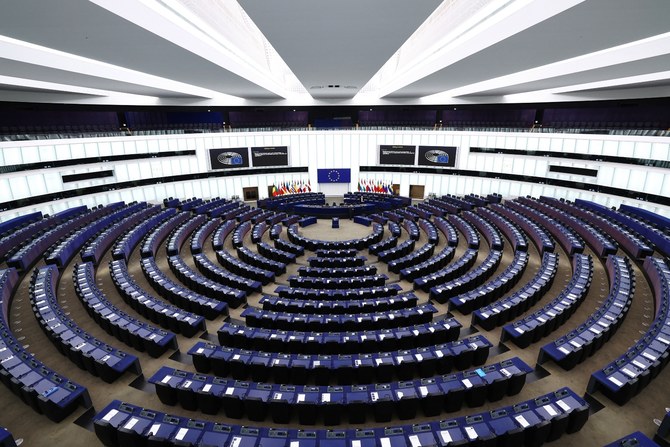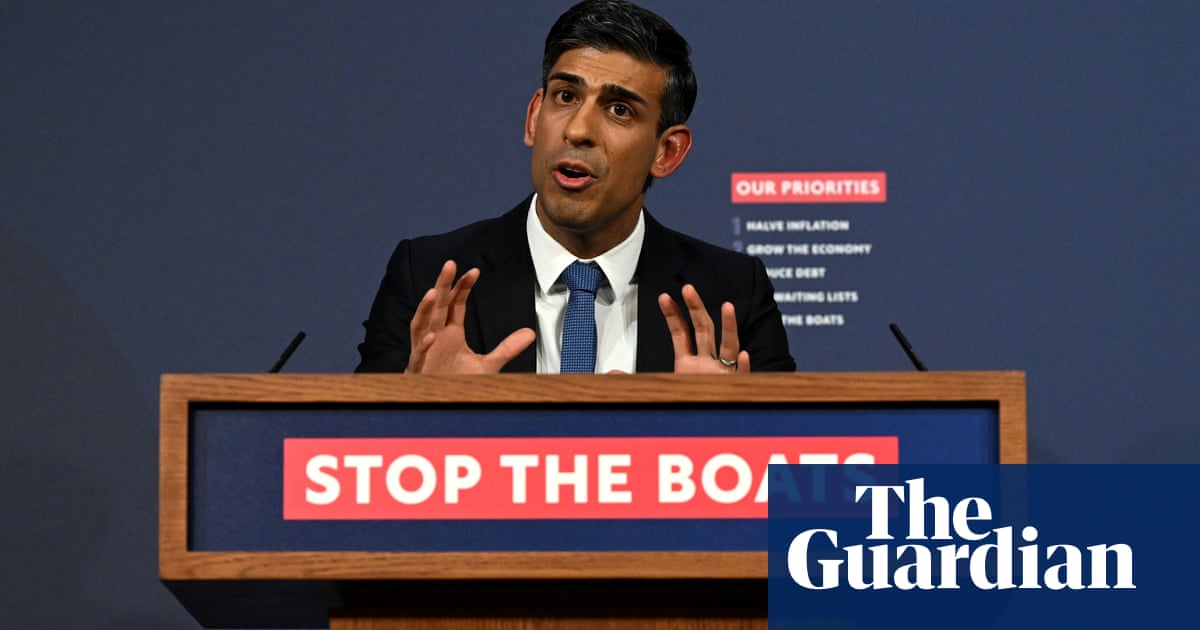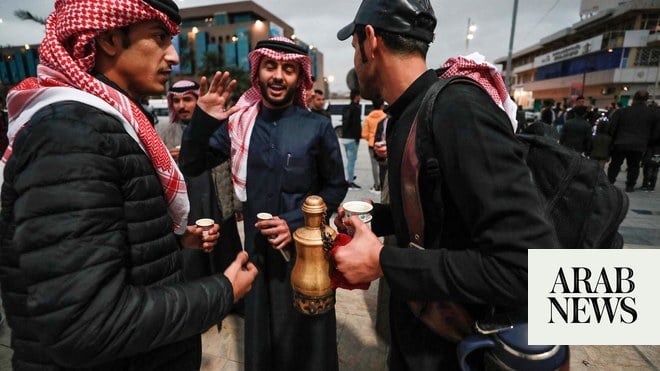
While the coronavirus disease pandemic remains the big focus in Europe, attention this week has also turned to foreign policy. Not only is US Secretary of State Mike Pompeo traveling there, but the European Council’s main focus at its summit on Thursday and Friday is on external affairs, with China and Russia headlining the agenda.
Another pressing item on the minds of both the EU-27 presidents and prime ministers and Pompeo is the festering Greek-Turkish maritime dispute. However, beyond this “local” challenge, bigger global issues are in play, with Pompeo warning again about the encroachment of Moscow and Beijing, while also remonstrating with EU leaders about Iran.
For Pompeo, these three “malign actors” are increasingly a potentially combined threat. While there are key differences between them, of course, they are cooperating more militarily and, in late December 2019, for instance, began “Marine Security Belt” joint naval drills. At the time, Iran Navy commander Hossein Khanzadi said the operation would “send a message to the world” and indicate a “remarkable expansion of cooperation… that the three countries have reached a meaningful strategic point in their relations.”
Tehran’s charm offensive toward Moscow and Beijing is no coincidence in its timing, as the country is squeezed further by international sanctions. It also comes at a time when ties between Russia and China have become significantly warmer under the leaderships of Presidents Vladimir Putin and Xi Jinping, while both of their ties with the US under Donald Trump have chilled.
While Pompeo remains upset by the failure of many European countries to toe Trump’s more hawkish line on Iran, he has focused more this week on China and Russia. He believes they pose increasing challenges to Washington’s interests in the continent and he wants to curb their economic and political influence there.
Only a few weeks ago, for instance, Pompeo visited Poland, where 1,000 additional troops are being stationed to further the US’ eastward redeployment as a bulwark to Moscow. He is also concerned about the continent’s dependence on Russian energy and is lobbying against the Nord Stream 2 pipeline.
Beijing has also been in Pompeo’s sights during his stop-offs, from Greece to Italy and Croatia, this week. Last November, Xi spent three days in Greece as Athens joined the so-called 16+1 summits, which take place annually between China and the leaders of many Eastern and Central European states, including Croatia.
In Italy, meanwhile, Pompeo took Beijing to task in a discussion with the Vatican on human rights abuses in China, with the US secretary of state urging the church to speak out about religious persecution. But Pompeo’s agenda in Italy goes well beyond this, with Rome last year signing up to a memorandum of understanding with Beijing on its Belt and Road Initiative. Italy is far from alone in Europe in doing so, with others including Croatia and Greece doing the same. Yet Rome’s move — as the first G7 state to embrace the initiative — sent shockwaves.
Turning to the EU, this week’s European Council summit agenda features not just the Turkey-Greece stand-off, but also the future of the EU’s relationships with China and Russia. On Moscow, the poisoning of opposition leader Alexei Navalny has added a further chill to relations and there is growing pressure on EU leaders, including German Chancellor Angela Merkel, to reconsider Nord Stream 2.
On Belarus, which is a full member of two Moscow-dominated alliances that serve as alternatives to the EU and NATO, Europe has offered mediation and told Putin that Alexander Lukashenko’s government must stop using violence against peaceful demonstrators and enter into dialogue with the opposition. The situation remains combustible, however, and Putin has asserted that it is “unacceptable” for the EU to place external pressure on Lukashenko’s administration.
While the EU has long advocated a strategic partnership with China, relations have suffered since the pandemic began.
Andrew Hammond
The EU also has difficult choices concerning China. While it has long advocated a strategic partnership, relations have suffered due to setbacks since the pandemic began. Not only is there concern in Europe about the transparency of Beijing’s handling of the coronavirus outbreak, but this has coincided with a range of other issues, including the clampdown in Hong Kong. The new chill in the air has even led EU foreign affairs chief Josep Borrell to assert that China is not just an economic partner but a “systemic rival that seeks to promote an alternative model of governance.”
Rounding things off is the Turkey-Greece issue. Like Pompeo, Brussels continues to urge dialogue. Greece, with France’s support, has disputed Turkish energy exploration in the Mediterranean, trying to box in Ankara’s maritime territory. But Turkey has sent drill ships with a military escort to explore for energy on its continental shelf, pressing its resource rights.
It is in this troubled, changing economic and political landscape that world powers are jockeying for position. Perhaps the only certainty is that international attention on the continent is only likely to increase significantly as geopolitical interests grow from Washington, Beijing and Moscow.
Andrew Hammond is an Associate at LSE IDEAS at the London School of Economics.
Disclaimer: Views expressed by writers in this section are their own and do not necessarily reflect Arab News" point-of-view












